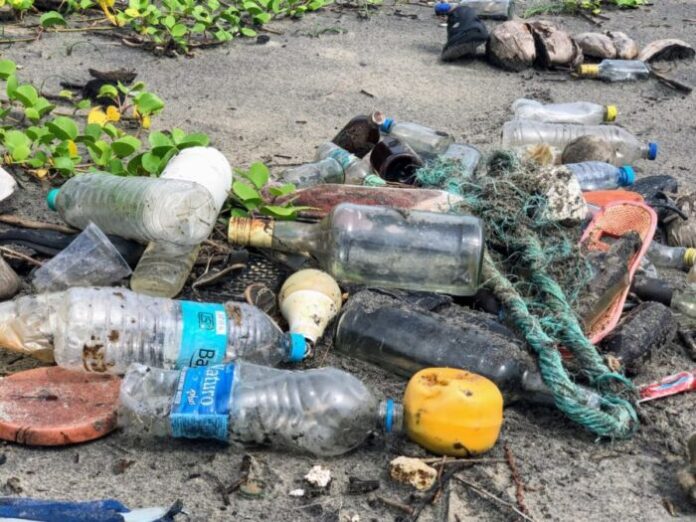
“Alliance to end plastic waste” is the agreement signed by about thirty multinational petrochemical companies with the aim of combating the abuse of plastic and reducing the waste produced by it, which floats on the great rivers of the world and reaches the oceans. Many multinational corporations signed the alliance (in Aepw), included Eni, Basf, Berry Global, Braskem, Chevron Phillips Chemical, Clariant, Covestro, Dow, DSM, ExxonMobil, Formosa Plastics, Henkel, LyondellBasell, Mitsubishi Chemical, Mitsui, Nova Chemicals, OxyChem, Procter & Gamble, Reliance, Sabic, Sasol, Suez, Shell, Scg Chemicals, Sumitomo, Total, Veolia, Versalis (Eni) and PolyOne.
The aim is to combat the dirt produced by plastic waste through a huge economic investment. More than a billion dollars have already been spent to stem the problem, but the goal is to allocate $ 1.5 billion over the next five years to fight against plastic waste dispersed in the environment. AEPW is a non-profit organization and intends to develop projects and implement targeted initiatives to reduce the use of plastic and the consequent dispersion in the environment, focusing on policies for the recovery and re-use of materials. The project will be implemented through collaboration with the other parties involved, such as the Italian Conai and Corepla packaging recycling consortia which, thanks to their expertise, will best support the promotion of an integrated strategy that will develop in four phases: development infrastructure, innovation, training and involvement, and cleanliness.
The president of Aepw, David Taylor of Procter & Gamble, underlined that it is: «a serious and complex global challenge, to be faced with the maximum rapidity and with a strong leadership. The new Alliance represents the maximum effort made to date to say no to plastic waste dispersed in the environment».
The projects put in place by AEPW are concentrated above all in Asia because it is precisely in those areas that the “plastic” problem becomes an emergency. Billions of people have finally had access to previously inaccessible consumer goods and soon found themselves inundated with garbage without knowing how to deal with the disposal problem. In the absence of waste collection and management services, the new economy countries accumulate garbage that, through large rivers, spills into the oceans causing pollution and death for marine flora and fauna. The same characteristics that make the plastic perfect for preserving products and food (lightness, versatility, resistance), make it difficult to degrade after use and therefore remain in the environment for centuries without dissolving.
The projects carried out by AEPW focus mainly on the development and promotion of business and entrepreneurial models that combat the dispersion of plastic waste in the oceans. Action will also be taken with targeted initiatives on the rivers, blocking plastic waste before it reaches the open sea.



































